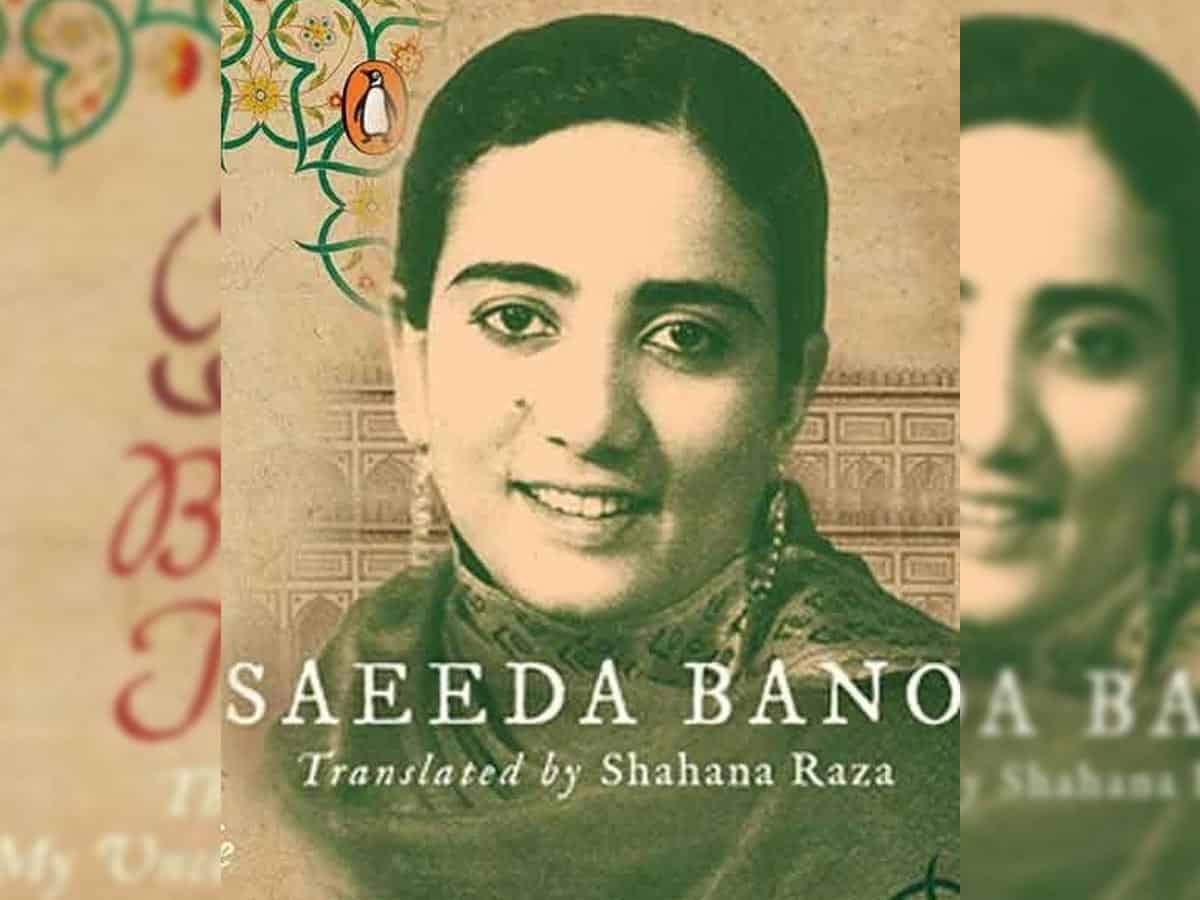
Sometimes we come across stories of ordinary men and women who overcome great adversity to achieve success. One such tale is that of Saeeda Bano a lady from Bhopal who overcame many societal pressures to become India’s first woman newsreader on the radio. She used to read the news in Urdu. Later her role expanded much more and she came to be hailed as the doyenne of Urdu broadcasting. She achieved all this at a time when even the BBC did not have a woman newsreader.
After overcoming a difficult start, she established a long and successful career during which she rubbed shoulders with Prime Minister Jawaharlal Nehru, film stars and sports champions. Her radio programmes became hugely popular and her voice was heard all over India.
Nowadays, when Indian women are breaking new ground every day, Saeeda Bano’s feat does not seem to be an extraordinary achievement. But back in the 1940s it was highly unusual for a woman from a reputed family and orthodox Muslim background to work in the public arena.
She helped Begum Akhtar
Saeeda was a friend of the singer Begum Akhtar and was instrumental in helping the latter to develop her career. It was the assistance of Saeeda Bano that enabled the legendary singer to realise her full potential.
But in the meantime, Saeeda’s own life was in turmoil. When she was a teenager, against her wishes, her parents got her married to Abbas Raza who was a well-known and highly respected judge. But Saeeda did not want to get tied down as a housewife. The differences between the couple became irreconcilable and they separated in 1947.
At this stage Saeeda was facing immense pressure from her own family and relatives to discard her ambitions. Moreover she had two sons to look after. But she was determined to overcome all the obstacles. She liked to tackle challenges and defy conventions. She drove her own car and faced life on her own steam.
Saeeda was inspired by the Begums of Bhopal
She was particularly inspired by the tales of the Nawab Begums of Bhopal. In the course of history, the kingdom of Bhopal was ruled by a succession of four powerful women because there had been no male heir to the throne. The last of these women, Begum Sultan Jahan who ruled Bhopal from 1901 to 1926 was an extraordinary woman.
The royal lady was a great reformer and founded several important educational institutions. From 1920 until her death, she was the Chancellor of the Aligarh Muslim University – the first woman Chancellor of any Indian university. Later, Begum Sajida Sultan, mother of Mansur Ali Khan Pataudi and grandmother of Saif Ali Khan, came from the same lineage. It was Begum Sultan Jahan who was the inspiration for Saeeda Bano.
Vijaya Lakshmi Pandit came to her aid
When Saeeda found the difficulties and social pressures mounting against her, she approached Vijaya Lakshmi Pandit, sister of the Prime Minister Jawaharlal Nehru to assist her in finding a job. Mrs. Pandit, who was herself a very successful figure in public life, had served as the President of the UN General Assembly and as Governor of Maharashtra.
When Mrs. Pandit heard Saeeda’s fervent appeal, it touched her emotions and she decided to help this woman who had so much fire in her heart. With the aid of Mrs. Pandit, Saeeda secured the job of a newsreader in All India Radio.
She began her work on 13th August 1947, two days before Independence Day. The day dawned with a woman’s voice greeting the listeners for the first time in history. The tonal quality of her voice was highly appreciated. Later The Statesman newspaper wrote an article praising her initiative. Then other shows wanted to feature her too.
But it was not all smooth going. During this period the country had seen widespread communal violence and emotions were high. Bano received letters from some listeners demanding that she go to Pakistan. Abuse and insults dogged her in her job as it had in her life. But she bravely struggled forward and carved out a successful career.
She was appointed producer of AIR’s Urdu language services and became a well known figure. It was her success that paved the way for many women who followed in her footsteps. Saeeda Bano passed away in 2001 after an eventful and rewarding life.



